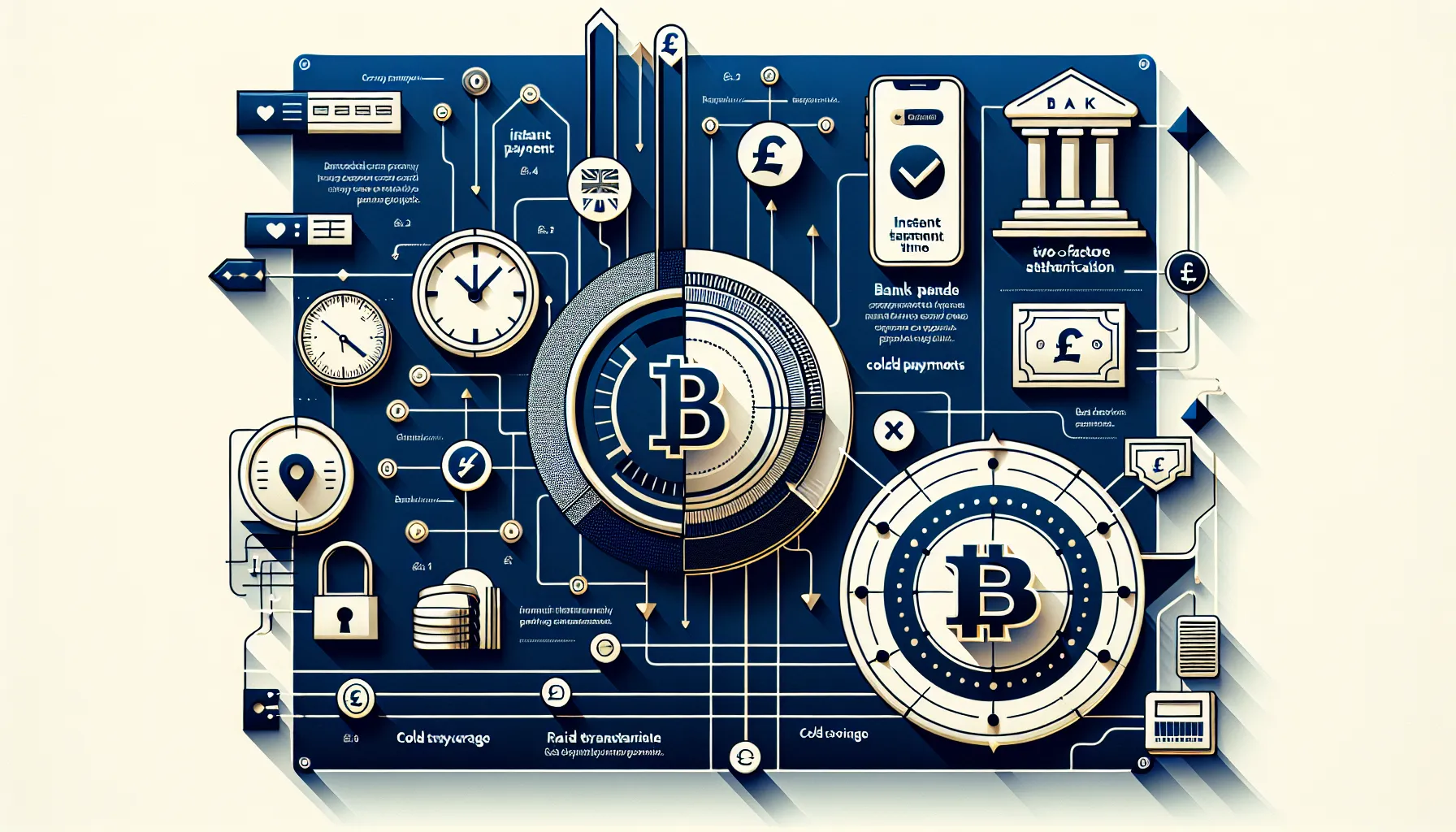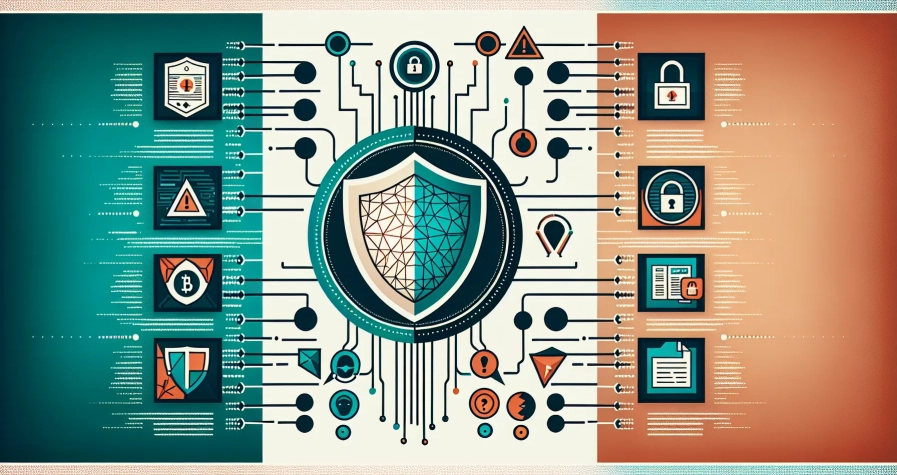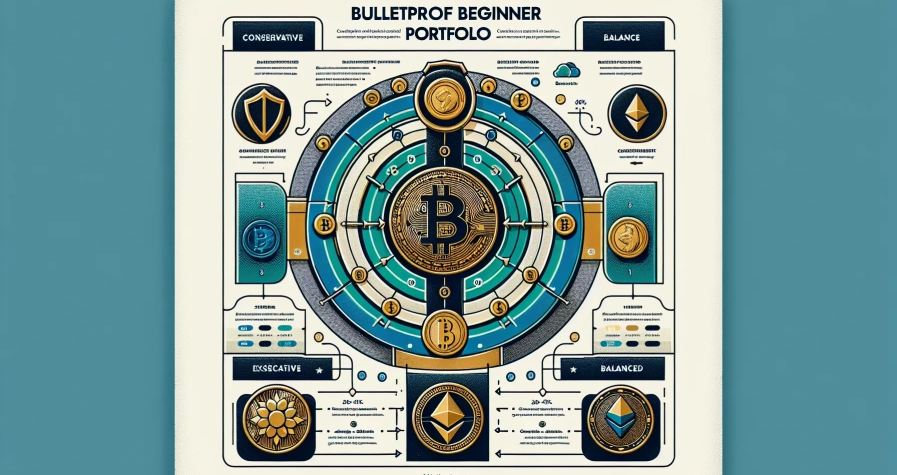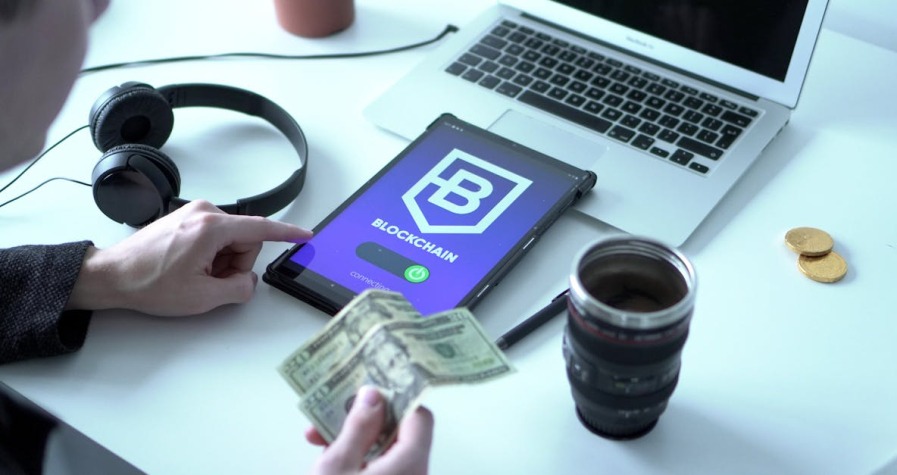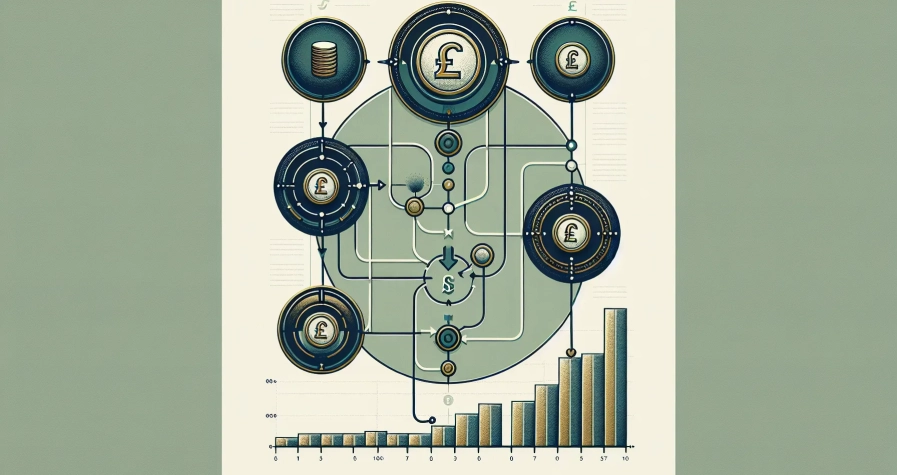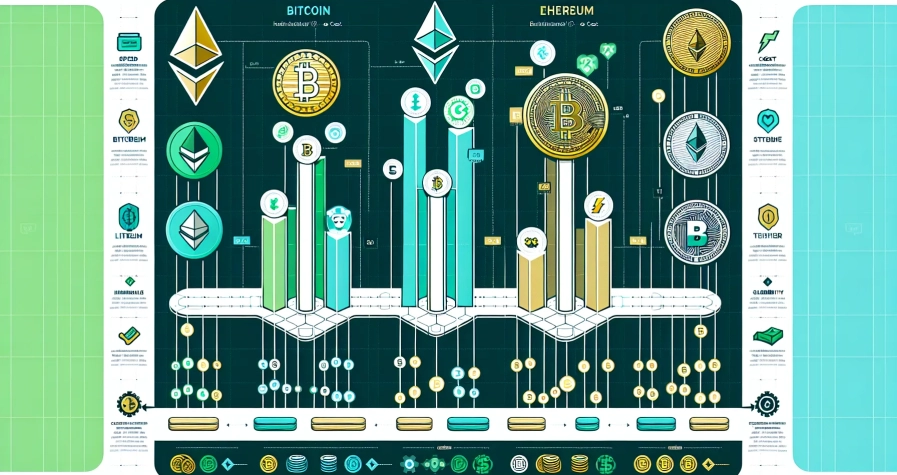Buying Bitcoin has never been more accessible, yet choosing the right platform can feel overwhelming. With dozens of exchanges, payment methods, and security features to evaluate, first-time and experienced buyers alike need clarity on where to purchase Bitcoin quickly, affordably, and, most importantly, safely. In the UK, the landscape is shaped by Financial Conduct Authority (FCA) regulations, which provide a layer of consumer protection that isn’t always present elsewhere. Whether someone is looking to invest a small amount using a debit card or transfer a significant sum via bank transfer, understanding the trade-offs between speed, cost, and security is essential. This guide explores the best platforms, alternative buying methods, and practical steps to ensure Bitcoin purchases are smooth, secure, and cost-effective.
Key Takeaways
- Choosing the best places to buy Bitcoin requires balancing speed, cost, and security, with FCA-registered exchanges offering the strongest consumer protection in the UK.
- OKX and Kraken Pro provide the lowest trading fees (from 0.08%), making them ideal for cost-conscious buyers using bank transfers to buy Bitcoin affordably.
- Coinbase, Gemini, and eToro are the safest and most beginner-friendly platforms, offering robust security features like cold storage, insurance, and two-factor authentication.
- Bank transfers are the cheapest deposit method for buying Bitcoin, whilst debit card payments enable instant purchases but carry fees of 3% to 5%.
- Always withdraw Bitcoin to a personal hardware or software wallet after purchase, as leaving funds on exchanges exposes them to hacking and platform insolvency risks.
What to Look for When Choosing a Bitcoin Exchange
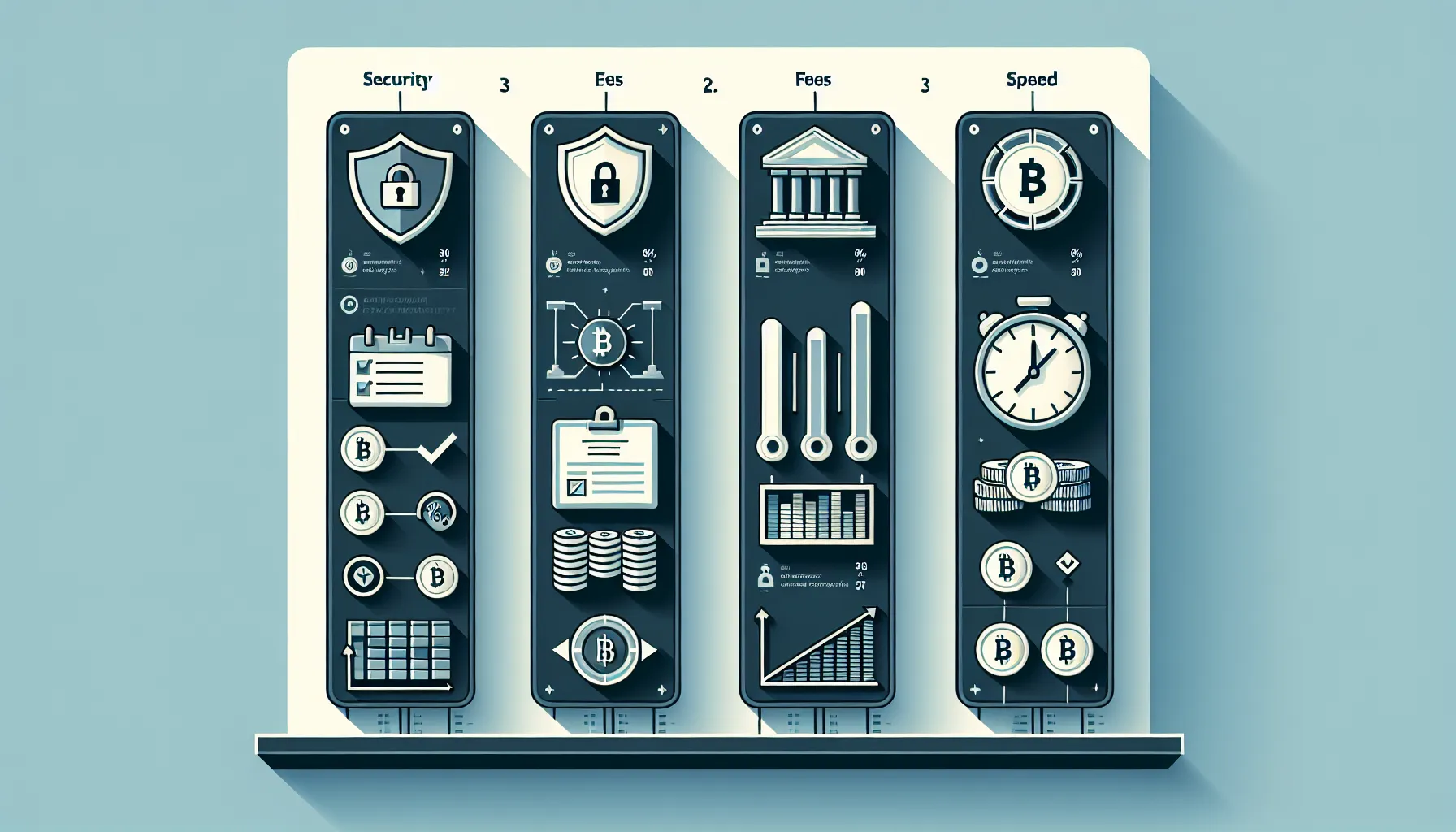
Not all Bitcoin exchanges are created equal. Selecting the right platform involves balancing several critical factors: security, cost, speed, and ease of use. For UK buyers, this decision is further influenced by regulatory considerations that can protect against fraud and platform insolvency.
Security Features and Regulatory Compliance
Security should be the first priority. A reputable exchange will hold FCA registration, which signals compliance with anti-money laundering (AML) and know-your-customer (KYC) standards. Beyond regulatory approval, look for platforms offering two-factor authentication (2FA), cold storage for the majority of user funds, and insurance-backed wallets that cover losses if a breach.
Exchanges like Coinbase, Gemini, Kraken, and eToro meet these criteria, combining robust technical safeguards with transparent governance. Cold storage, keeping Bitcoin offline, protects against hacking, whilst insurance policies (such as Coinbase’s FDIC coverage for USD balances or Gemini’s SOC 2 certification) provide additional peace of mind.
Buyers should also verify that an exchange conducts regular security audits and maintains a clear track record. Checking whether the platform has suffered past breaches and how it responded can reveal a lot about its reliability.
Transaction Fees and Payment Methods
Fees vary widely and can erode returns, especially for frequent traders or smaller purchases. Most exchanges charge a combination of deposit fees, trading fees, and withdrawal fees. Understanding these costs upfront is crucial.
Bank transfers (Faster Payments or BACS) are typically the cheapest deposit method, often free or charging minimal fees. They’re ideal for buyers prioritising cost over speed. Debit and credit cards, on the other hand, enable instant purchases but come with higher fees, sometimes 3% to 5% of the transaction value.
Trading fees also differ significantly. Platforms like OKX and Kraken Pro offer some of the lowest rates, with maker-taker fees ranging from 0.08% to 0.26%. In contrast, beginner-friendly platforms such as Coinbase charge higher fees (around 0.5% to 1.5%) but provide a simpler user experience.
Withdrawal fees for transferring Bitcoin to a personal wallet vary by exchange and network congestion. Some platforms absorb network costs: others pass them directly to users. Checking these details before committing ensures no unpleasant surprises.
Speed of Purchase and Withdrawal
Speed matters, particularly in volatile markets where Bitcoin’s price can shift rapidly. Instant card payments allow users to buy Bitcoin within minutes, though at a premium. Bank transfers, whilst cheaper, can take several hours or even a full business day to process, depending on the method and the receiving exchange.
Withdrawal speed is equally important. Not all exchanges process Bitcoin withdrawals instantly: some batch transactions or require manual approval for larger sums. Platforms like Binance UK, OKX, and Kraken are known for relatively fast withdrawal times, often processing requests within an hour during normal network conditions.
For those who need Bitcoin urgently, perhaps to take advantage of a price dip, exchanges with instant card deposits and quick withdrawal processing provide the best experience, even if fees are slightly higher.
Top Platforms for Buying Bitcoin Quickly
When speed is the priority, several UK-accessible exchanges stand out for their efficient onboarding, fast deposit processing, and swift Bitcoin delivery.
Coinbase is a go-to for beginners who value simplicity and speed. Its intuitive interface allows users to register, verify identity, and purchase Bitcoin within minutes using a debit card. Whilst fees are higher than some competitors, the convenience and strong security reputation make it a popular choice.
Binance UK offers rapid account setup and supports instant card purchases alongside bank transfers. Its trading engine handles high volumes efficiently, and Bitcoin withdrawals are typically processed quickly, making it suitable for both casual buyers and active traders.
OKX has gained traction in the UK for its competitive fees and fast service. The platform supports GBP deposits via bank transfer and card, and Bitcoin can be withdrawn promptly once purchased. Its mobile app is particularly well-optimised for quick trades on the go.
Kraken balances speed with professionalism. Although its interface may feel less polished than Coinbase’s, it processes deposits and withdrawals efficiently, especially for users opting for bank transfers. Kraken Pro users benefit from lower fees without sacrificing speed.
Gemini and Bitget are also worth mentioning. Gemini’s mobile app is sleek and fast, whilst Bitget’s recent push into the UK market has brought competitive pricing and quick transaction times.
For buyers who need Bitcoin immediately and are willing to pay slightly higher fees, these platforms deliver reliability and speed without compromising security.
Most Affordable Options for Low-Fee Bitcoin Purchases
Cost-conscious buyers should focus on exchanges with transparent, low-fee structures and payment methods that minimise overhead.
OKX consistently ranks among the cheapest platforms, with trading fees as low as 0.08% for makers and 0.10% for takers. Deposits via bank transfer are free, and withdrawal fees are competitive. For those purchasing larger amounts, these savings add up quickly.
Kraken Pro (the advanced interface of Kraken) offers maker-taker fees ranging from 0.16% to 0.26%, significantly lower than many mainstream exchanges. Combined with free GBP deposits via bank transfer, it’s an excellent choice for cost-sensitive traders.
Bitstamp, one of the longest-running exchanges, provides a straightforward fee structure with rates around 0.5% for smaller trades, decreasing with volume. It’s a solid middle-ground option for those who want affordability without venturing into more complex platforms.
Bank transfers are universally the cheapest deposit method. Whilst they may take longer to process, the cost savings, especially on larger purchases, are substantial compared to card payments, which can add 3% or more to the total.
For buyers making regular or substantial Bitcoin purchases, choosing a low-fee exchange and using bank transfers can save hundreds of pounds annually. It’s a trade-off worth considering for those who aren’t in a rush.
Safest Exchanges for First-Time Bitcoin Buyers
First-time buyers often prioritise safety and simplicity over cutting-edge features or ultra-low fees. Several platforms cater specifically to this audience with strong security, regulatory compliance, and educational resources.
Gemini is widely regarded as one of the safest exchanges. It holds FCA registration, stores the majority of user funds in cold storage, and offers insurance coverage. Its clean interface and built-in guides make it particularly friendly for newcomers who might feel intimidated by more technical platforms.
Coinbase has established itself as a trusted name, especially for beginners. With insurance-backed wallets, 2FA, and a reputation for regulatory compliance, it provides a reassuring environment for those buying Bitcoin for the first time. The platform also offers educational content that helps users understand what they’re investing in.
Kraken combines security with longevity. It has never been hacked, a rare distinction in the crypto world, and maintains rigorous security protocols. Whilst its interface may be less beginner-friendly than Coinbase or Gemini, the platform’s reliability and transparency appeal to cautious buyers.
eToro offers an additional layer of safety through its FCA authorisation and social trading features, which allow new users to learn from experienced investors. Its insurance policies and straightforward design make it a popular choice in the UK.
For first-time buyers, these exchanges strike the right balance: strong security, regulatory oversight, and user-friendly design. Paying slightly higher fees in exchange for peace of mind is often a worthwhile trade-off when starting out.
Peer-to-Peer Platforms: An Alternative Approach
Peer-to-peer (P2P) platforms offer a different way to buy Bitcoin, connecting buyers directly with sellers without a centralised exchange acting as intermediary. This approach can provide greater privacy, lower fees, and more flexible payment options, but it also requires a higher degree of personal responsibility.
Bisq is a decentralised, open-source P2P exchange that prioritises privacy. It doesn’t require KYC verification, and trades are secured through a multisignature escrow system. Fees are minimal, and the platform supports a wide range of payment methods. But, its interface is more technical, and liquidity can be lower than on centralised exchanges.
Hodl Hodl is another non-custodial P2P platform that allows users to trade Bitcoin directly. It uses multisig escrow to protect both parties, and sellers can set their own payment terms. The platform doesn’t hold user funds, reducing counterparty risk, but buyers must carefully vet sellers to avoid scams.
RoboSats has gained attention for its focus on privacy and lightning network integration, enabling faster, cheaper Bitcoin transactions. It’s particularly popular among users who value anonymity and wish to avoid traditional KYC processes.
Whilst P2P platforms can be appealing for their low fees and privacy benefits, they require more caution. Buyers should check seller ratings, use escrow services, and be aware of potential scams. These platforms suit experienced users who are comfortable managing trades independently and value privacy over convenience.
Bitcoin ATMs: Fast but Costly
Bitcoin ATMs provide one of the fastest ways to buy Bitcoin, allowing users to purchase cryptocurrency with cash or card in a matter of minutes. They’re particularly useful for those who need Bitcoin immediately and don’t have an exchange account set up.
But, convenience comes at a steep price. Bitcoin ATMs typically charge fees ranging from 7% to 15%, sometimes even higher, making them one of the most expensive methods of purchasing Bitcoin. On top of that, exchange rates offered by ATMs are often less favourable than those on online exchanges.
These machines are scattered across major UK cities, and some allow users to buy Bitcoin with minimal identification. For small, urgent purchases, such as sending Bitcoin to someone quickly or testing out a wallet, they can be practical. But for anyone looking to invest a significant amount or buy regularly, the high fees make ATMs an inefficient choice.
Bitcoin ATMs are best viewed as a niche option: fast and accessible, but far from cost-effective. They fill a gap for specific use cases but shouldn’t be a primary buying method for most users.
How to Secure Your Bitcoin After Purchase
Buying Bitcoin is only the first step. Securing it properly is just as important, especially given the irreversible nature of cryptocurrency transactions.
The golden rule is simple: withdraw Bitcoin to a personal wallet. Leaving funds on an exchange exposes them to hacking risks, platform insolvency, or unexpected account freezes. Whilst reputable exchanges carry out strong security measures, they remain attractive targets for cybercriminals.
Hardware wallets like Ledger and Trezor are the gold standard for long-term storage. These physical devices store private keys offline, making them nearly immune to online attacks. They’re ideal for anyone holding significant amounts of Bitcoin or planning to keep it for years.
Software wallets offer a more convenient alternative for smaller amounts or frequent transactions. Reputable options include Electrum, BlueWallet, and Exodus. These wallets give users full control over their private keys whilst remaining accessible on desktop or mobile devices.
Regardless of wallet type, following basic security practices is essential:
- Enable two-factor authentication (2FA) wherever possible.
- Back up recovery seeds securely, preferably offline, on paper or metal storage.
- Use strong, unique passwords and consider a password manager.
- Keep software updated to protect against vulnerabilities.
For those new to self-custody, starting with a small amount in a software wallet can build confidence before committing to a hardware wallet. The key is understanding that with Bitcoin, security is personal responsibility. Once funds leave an exchange, there’s no customer support to reverse mistakes or recover lost keys.
Conclusion
Choosing where to buy Bitcoin eventually depends on individual priorities: speed, cost, or security. For UK buyers, FCA-registered exchanges like Coinbase, Gemini, Kraken, OKX, and Binance UK offer a strong combination of all three, with transparent fees, robust security, and reliable service.
Those prioritising affordability should lean towards platforms like OKX and Kraken Pro, using bank transfers to minimise costs. Buyers who need Bitcoin immediately will find Coinbase, Binance UK, and card payments more suitable, even though slightly higher fees. First-time buyers benefit most from beginner-friendly, secure platforms like Gemini and eToro, which balance ease of use with strong regulatory compliance.
Alternative methods, peer-to-peer platforms and Bitcoin ATMs, serve niche needs but require greater caution or come with higher costs. Whichever route someone takes, the final step is always the same: transferring Bitcoin to a personal wallet and securing it properly.
The UK’s regulated crypto environment provides a safer landscape than many other regions, but due diligence remains essential. By understanding the trade-offs between speed, cost, and security, buyers can make informed decisions that suit their needs and protect their investments.
Frequently Asked Questions
What is the cheapest way to buy Bitcoin in the UK?
The cheapest way to buy Bitcoin in the UK is through low-fee exchanges like OKX or Kraken Pro, using bank transfers for deposits. This method avoids the 3–5% fees associated with debit or credit card purchases, with trading fees as low as 0.08%.
How quickly can I buy Bitcoin with a debit card?
You can buy Bitcoin within minutes using a debit card on platforms like Coinbase or Binance UK. Whilst this method offers instant access, it typically incurs higher fees (3–5%) compared to bank transfers, making it ideal for urgent purchases.
Are UK Bitcoin exchanges regulated by the FCA?
Yes, reputable UK Bitcoin exchanges such as Coinbase, Gemini, Kraken, and eToro hold FCA registration. This ensures compliance with anti-money laundering standards and provides consumer protection, making them safer options for buying Bitcoin.
Should I leave my Bitcoin on an exchange after buying?
No, it’s recommended to withdraw Bitcoin to a personal wallet after purchase. Leaving funds on an exchange exposes them to hacking risks and platform insolvency. Hardware wallets like Ledger or Trezor offer the safest long-term storage solution.
What are Bitcoin ATM fees compared to online exchanges?
Bitcoin ATMs charge significantly higher fees, typically 7–15% per transaction, compared to online exchanges that charge 0.08–1.5%. Whilst ATMs offer speed and convenience for cash purchases, they’re far more expensive and best reserved for urgent, small transactions.
Can I buy Bitcoin anonymously in the UK?
Buying Bitcoin anonymously is challenging in the UK due to FCA regulations requiring KYC verification on most platforms. Peer-to-peer exchanges like Bisq or RoboSats offer greater privacy without mandatory KYC, though they require more technical knowledge and caution.

